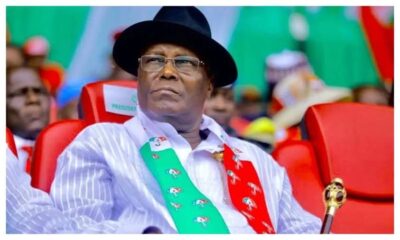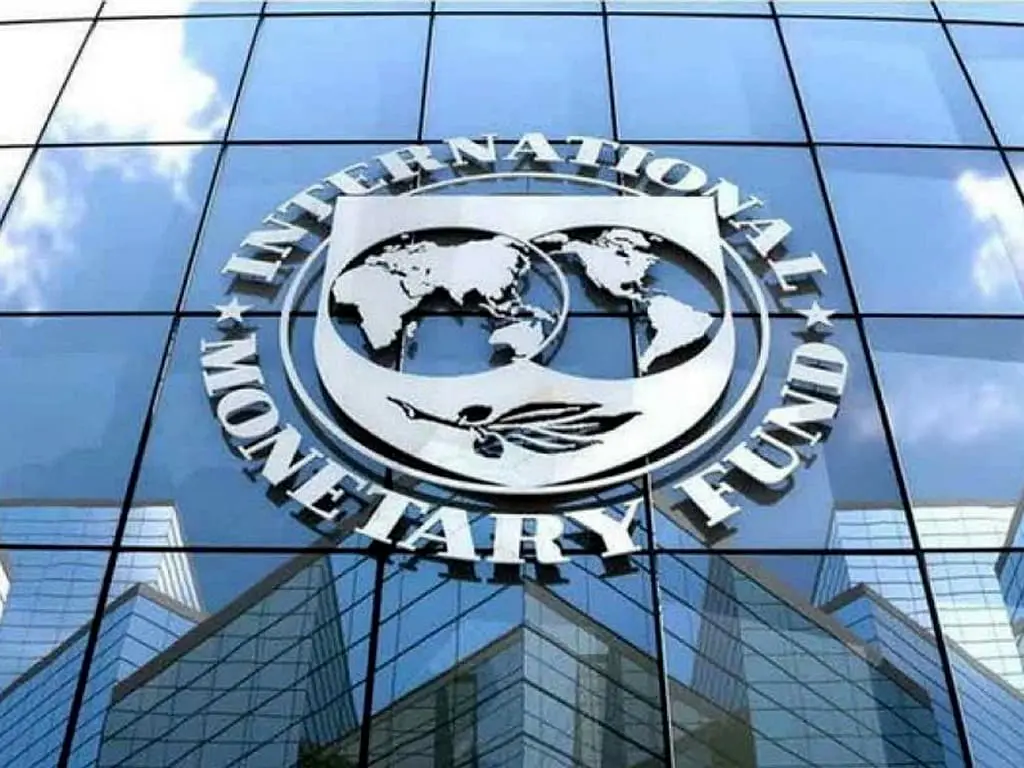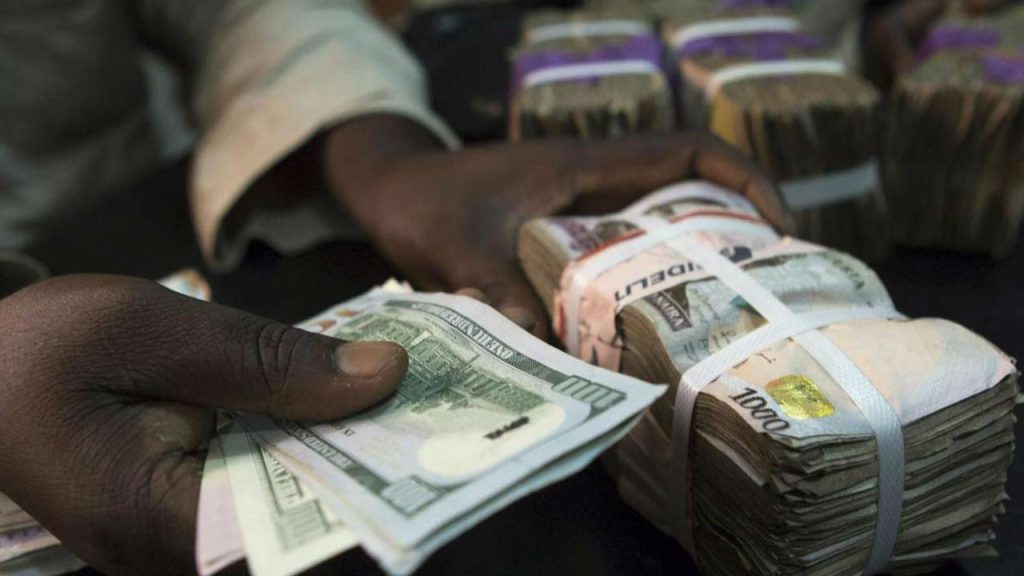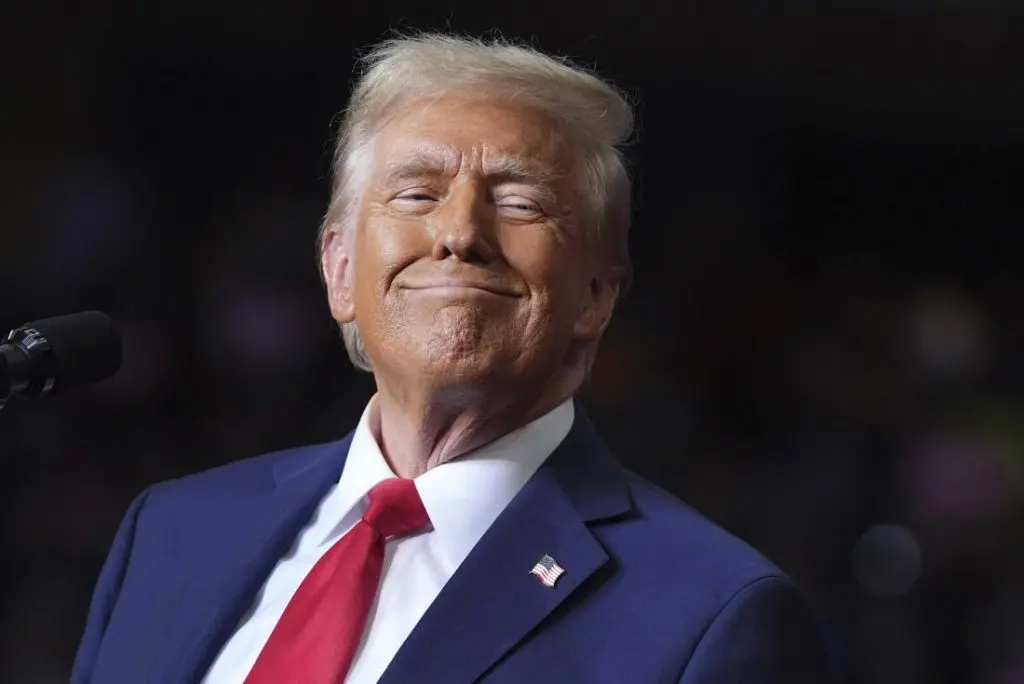Business
IMF, Pakistan wrap up unscheduled talks on $7 billion bailout
Published
5 months agoon
By
Ekwutos BlogWASHINGTON (Reuters) – The International Monetary Fund (IMF) said on Friday it held constructive talks with authorities in Pakistan on economic policy and reform efforts to reduce vulnerabilities during an unscheduled staff visit.
The unusual visit from Nov 12 to Nov 15 discussed a $7-billion bailout within six weeks of its approval by the IMF board, but came too early for the first review of the Extended Fund Facility (EFF), due in the first quarter of 2025.
“We are encouraged by the authorities’ reaffirmed commitment to the economic reforms supported by the 2024 EFF,” Nathan Porter, the chief of the IMF’s Pakistan mission, who led the talks, said in a statement.
The constructive discussions on economic policy and reform efforts to reduce vulnerabilities would help to lay the basis for stronger and sustainable growth, he added.
The mission did not state the weaknesses, but sources in Pakistan’s finance ministry have said some major lapses prompted the IMF to intervene.
Among these were a shortfall of nearly 190 billion rupees ($685 million) in revenue collection during the first quarter of the current fiscal year.
The period also saw an external financing gap of $2.5 billion, while Pakistan failed in the bid to sell its national airline, a major setback on the path to privatising loss-making state-owned enterprises, required by the IMF.
Losses running into billions of dollars in the power and gas sector, the main hole in the economy, were also discussed, the IMF said, adding that structural energy reforms were critical to restore the sector’s viability.
Both sides agreed on the need to continue prudent fiscal and monetary policies, and mobilise revenue from untapped tax bases, the mission added.
Pakistan has struggled for decades with boom-and-bust economic cycles, prompting 23 IMF bailouts for the South Asian nation since 1958.
You may like


Your coalition has crumbled — Presidency mocks Atiku as more politicians join APC


Netflix Star Swanky Jerry Pens Heartfelt Birthday Message to Ini Edo


Nigerian Singer Portable Treats Himself to a Brand-New FORD F150 Truck


Probe state-sponsored insecurity in Southeast – Nnamdi Kanu tells EU, US ahead of trial


Nigerian Music Powerhouse Kcee and Wife Ijeoma Mark 15 Years of Matrimony


97years old Mrs Suzanne Elumelu, Mother Of Tony Elumelu.
Business
Resolve trade tensions inimical to global economic growth – IMF tells countries
Published
9 hours agoon
April 25, 2025By
Ekwutos Blog
The Managing Director of the International Monetary Fund, IMF, Kristalina Georgieva, on Thursday urged countries to swiftly resolve trade disputes that threaten global economic growth.
Georgieva said the unpredictability arising from President Donald Trump’s aggressive campaign of taxes on foreign imports was causing companies to delay investments and consumers to hold off on spending.
She made the call while addressing reporters in a briefing during the spring meetings of the IMF and its sister agency, the World Bank.
“Uncertainty is bad for business,’’ she said.
Georgieva’s comments came two days after the IMF downgraded the outlook for world economic growth this year.
The 191-country lending organisations which seek to promote global growth, financial stability and to reduce poverty, also sharply lowered its forecast for the United States.
It said the chances that the world’s biggest economy would fall into recession have risen from 25 per cent, to about 40 per cent.
Georgieva warned that the economic fallout from the trade conflict would fall most heavily on poor countries, which do not have the money to offset the damage.
Trump, since his second return to the White House on January 20, has aggressively imposed tariffs on American trading partners.
Among other things, he slapped 145 per cent import taxes on China and 10 per cent on almost every country in the world, raising U.S. tariffs to levels not seen in more than a century.
He has, however, repeatedly changed US policy, suddenly suspending or altering the tariffs.
This has reportedly left companies bewildered about what he is trying to accomplish and what his endgame might be.
Trump’s tariffs culminated in a sharp reversal of decades of U.S. policy in favour of free trade and the resulting uncertainty around them have caused a week-long rout in financial markets.
But stocks rallied Wednesday, after the Trump administration signaled that it was open to reducing the massive tariffs on China.
“There is an opportunity for a big deal here,” U.S. Treasury Secretary Scott Bessent said Wednesday.
Business
Naira depreciates against dollar across official, black markets after Easter holidays
Published
2 days agoon
April 23, 2025By
Ekwutos Blog
Nigeria’s currency, the naira, depreciated against the dollar at the official and parallel foreign exchange markets upon the resumption of work after Easter holidays.
The Central Bank of Nigeria’s data showed that it weakened to N1,602.63 per dollar on Tuesday from N1,599.93 exchanged on Thursday last week.
This means that it declined by N2.7 against the dollar on a day-to-day basis.
Similarly, the naira fell to N1620 per dollaron Tuesday from N1610 at the weekend.
The N1,620 dollar exchange rate at the black market is the same rate recorded on Thursday before the Easter holidays.
The development comes following the sustained slump in the dollar amid threats to US Federal Reserve independence and the tariff war.
Business
US: Tariffs on China will come down substantially – Trump announces
Published
2 days agoon
April 23, 2025By
Ekwutos Blog
President Donald Trump of the United States has said that high tariffs on goods from China will come down substantially.
He said the tariffs would crash but won’t go down to 0%.
The President stated this during a White House news conference on Tuesday.
Trump stated this in response to earlier comments same day by treasury secretary, Scott Bessent.
Bessent had made it clear that the high tariffs were unsustainable.
Recall that the US had placed import taxes of 145% on China and in response the Asian giants retaliated with 125% tariffs on US goods.
Trump had announced what he described as a reciprocal tariffs on nations across the globe, causing the stock market to stumble and interest rates to increase on US debt.
“We’re doing fine with China,” Trump said.
Despite his high tariffs, Trump said he would be “very nice” to China and not play hardball with Chinese President Xi Jinping.
He added, “We’re going to live together very happily and ideally work together.”
Trump said that the final tariff rate with China would come down “substantially” from the current 145%, saying “It won’t be that high, not going to be that high.”

Your coalition has crumbled — Presidency mocks Atiku as more politicians join APC

Netflix Star Swanky Jerry Pens Heartfelt Birthday Message to Ini Edo

Nigerian Singer Portable Treats Himself to a Brand-New FORD F150 Truck
Trending

 Trending6 months ago
Trending6 months agoNYA demands release of ‘abducted’ Imo chairman, preaches good governance
- Business6 months ago
US court acquits Air Peace boss, slams Mayfield $4000 fine

 Politics6 months ago
Politics6 months agoMexico’s new president causes concern just weeks before the US elections
- Entertainment6 months ago
Bobrisky transferred from Immigration to FCID, spends night behind bars
- Entertainment6 months ago
Bobrisky falls ill in police custody, rushed to hospital

 Politics6 months ago
Politics6 months agoRussia bans imports of agro-products from Kazakhstan after refusal to join BRICS

 Politics6 months ago
Politics6 months agoPutin invites 20 world leaders
- Politics1 year ago
Nigerian Senate passes Bill seeking the establishment of the South East Development Commission.

